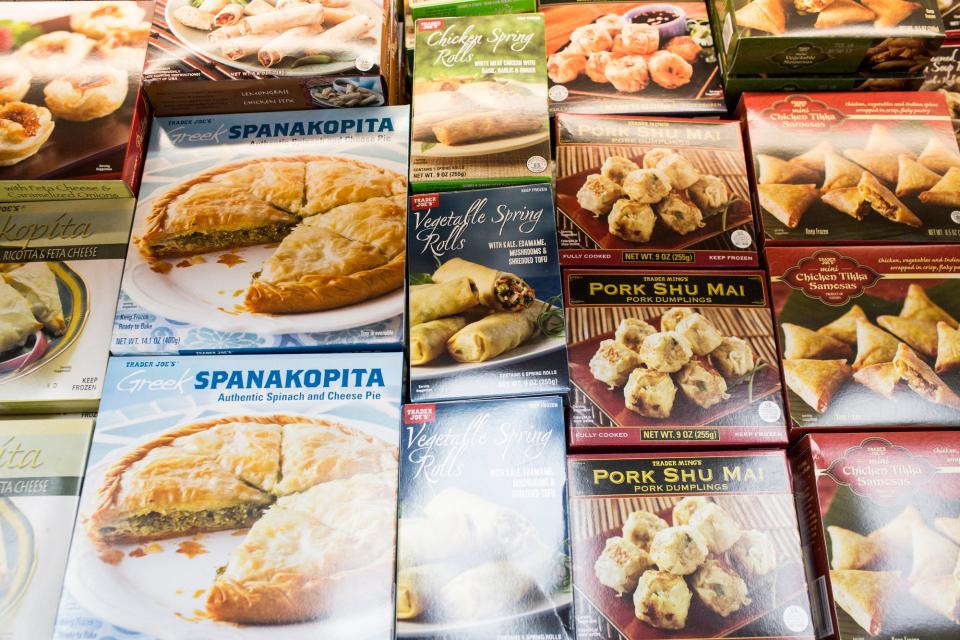Eating ultraprocessed foods raises risk of death, according to a 30-year study
For 30 years, scholars from multiple institutions around the world analyzed data from over 100,000 health care professionals in the U.S. and found that those who ate more ultra-processed foods were 4% more likely to die of any cause, and 9% more likely to suffer a neurodegenerative death.
Conducted from 1986 to 2018, the study was published this week in The BMJ, an international research journal. It adds evidence to the fact that eating ultra-processed food is linked to severe health risks.
One surprising finding highlighted by this study is that cancer and cardiovascular diseases are not causes of death driving the higher mortality outcome associated with ultra-processed food consumption.
Ultra-processed foods are described by the United Nations Food and Agriculture Organization as those that contain ingredients "never or rarely used in kitchens, or classes of additives whose function is to make the final product more palatable or more appealing." Those ingredients can include preservatives against bacteria, artificial coloring, and chemicals used to create specific textures.
Among the different kinds of ultra-processed foods, ready-to-eat meat, poultry and seafood products consistently showed a strong association with mortality. Consumption of sugar sweetened and artificially sweetened drinks, dairy-based desserts and ultra-processed breakfast food also showed a strong correlation with an elevated risk of death.
The study was led by scholars from Harvard University, the University of Nevada, Nanjing Medical University in China, the University of Sao Paulo and Federal University of Uberlandia in Brazil, and the Netherlands' Wageningen University.
What are ultraprocessed foods?

Not all processed food is considered ultra-processed. Any edible product that was ever in a factory is considered processed food and is not necessarily unhealthy, the United Nations group said.
In fact, there is consensus between food scientists, technologists and food manufacturers in that some industrial food processes come with health benefits, according to the UNFAO. Processes such as pasteurization, vacuum-packing, drying and non-alcoholic fermentation are not necessarily linked to poor health outcomes.
Now if a food item what processed in a way that involved formulating ingredients that are "mostly of exclusive industrial use, made by a series of industrial processes, many requiring sophisticated equipment and technology," then it would be classified as ultra-processed under the NOVA food classification system, the most applied in scientific literature, according to the UNFAO.
Examples of Ultraprocessed foods
The NOVA food classification system considers the following items as typical examples of ultra-processed foods:
Baby formula
Carbonated soft drinks
Sweet, fatty or salty packaged snacks
Mass-produced packaged breads
Manufactured cookies
Margarine
Energy drinks
Sweetened breakfast cereals
Pre-prepared meats, cheese, pasta and pizza dishes
Chicken nuggets
Fish sticks
Reconstituted meat products like burgers, sausages and hot dogs
Powdered and packaged instant soups, noodles and desserts
Cake mixes
Meal replacement shakes
Packaged fruit yogurts
Packaged fruit drinks, milk drinks
Packaged instant sauces
This article originally appeared on Asbury Park Press: Eating ultraprocessed foods leads to higher risk of death

